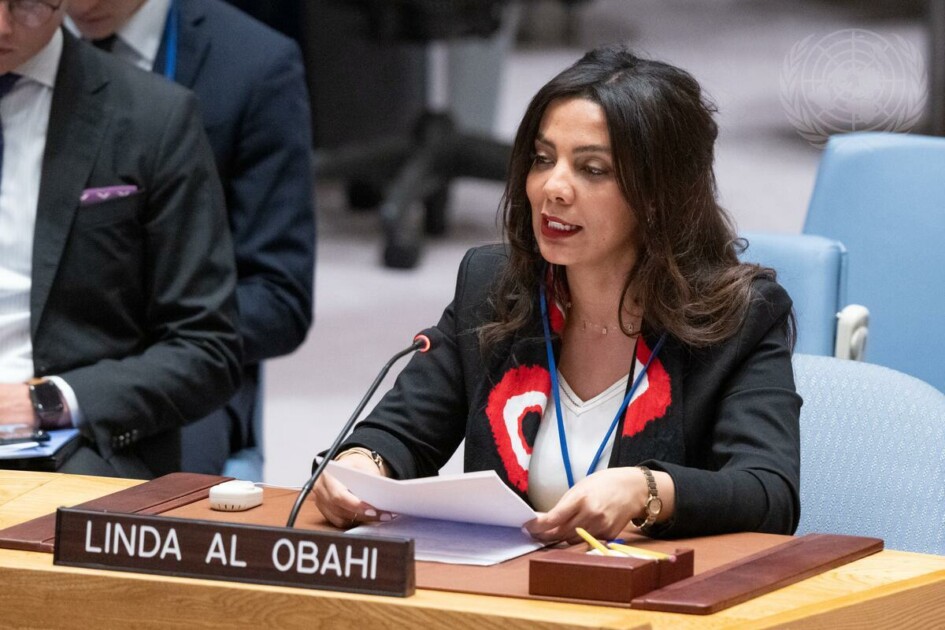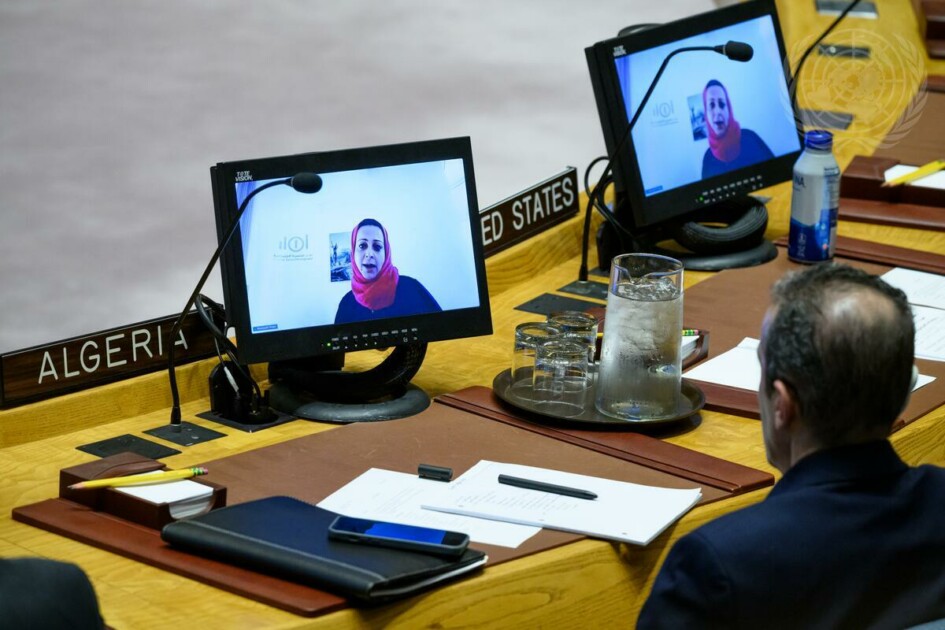Yemen
Yemen
Current and Past Recommendations to the UN Security Council (Monthly Action Points)
As the Council discusses the situation in Yemen, women’s meaningful participation in all aspects of the political and peace process should be emphasized. The Council must continue to pressure all parties to implement the Stockholm Agreement and comply with their obligation to allow and facilitate impartial, rapid and unimpeded delivery of humanitarian assistance to civilians in need under IHL. Any humanitarian assistance in the region must be gender-sensitive and be developed in partnership with local CSOs. Such assistance should include a full range of medical services, including psychosocial and sexual and reproductive health services, as well as access to legal assistance, education and employment, before, during, and after armed conflict (S/RES/2122 (2013), CEDAW/C/YEM/Q/7-8). The Council and UN offices in Yemen must support civil society efforts to establish emergency plans and humanitarian operation room teams, including hotlines for civilians to report violence or request humanitarian assistance, and ensure their protection. In addition, UN entities in Yemen should adopt a sustainable approach for gender-focused interventions, such as establishing GBV response structures and services and more solid protection programs for WHRDs that include relocation services, particularly since there are only four shelters for women run by the Women’s Union in the entire country. Moreover, the Council should ensure the participation of CSOs, women leaders, women’s groups, and youth representatives that reflect the ethnic, geographic, and political diversity of Yemen’s population in all conflict resolution and conflict management processes. Further, Council members should ask senior UN officials to provide updates regarding efforts to protect WHRDs and civil society activists and their access to legal support and essential services. Council members should support the mandate of the Group of Eminent Experts (GEE) and request all UN agencies to fully collaborate with the GEE, particularly those that have a presence inside Yemen and that benefit from direct access to Yemenis that have been subjected to human rights violations. The international community should provide continued support to the national human rights monitoring and reporting mechanism, particularly capacity-building support around women’s rights and gender-sensitive documentation of violations and abuses, to ensure that information and analysis are gender-sensitive, comprehensive and include documentation of attacks and threats against civil society. The Council must ensure that gender is mainstreamed into the work of the Sanctions Committee and that members of this committee consult with women-led CSOs. Further, national human rights organizations must be allowed to monitor and report on the human rights situation freely. All stakeholders must ensure women’s meaningful participation in discussion, design and implementation of peace and security strategies, including those that aim to counter violent extremism (S/RES/2122 (2013), OP 13; S/RES/2242 (2015), OP 13; CEDAW/C/YEM/Q/7-8). Finally, for this to be done effectively, capacity-building for relevant experts, including UN staff, peacebuilding and women’s CSOs, to undertake gender-sensitive conflict analysis and translate it into concrete actions, must be a priority.
Relevant Resources








